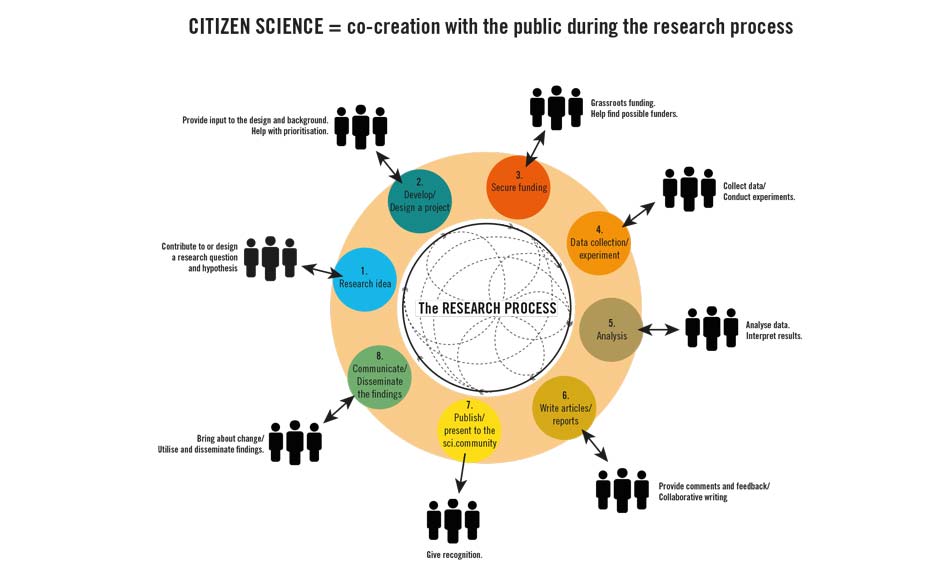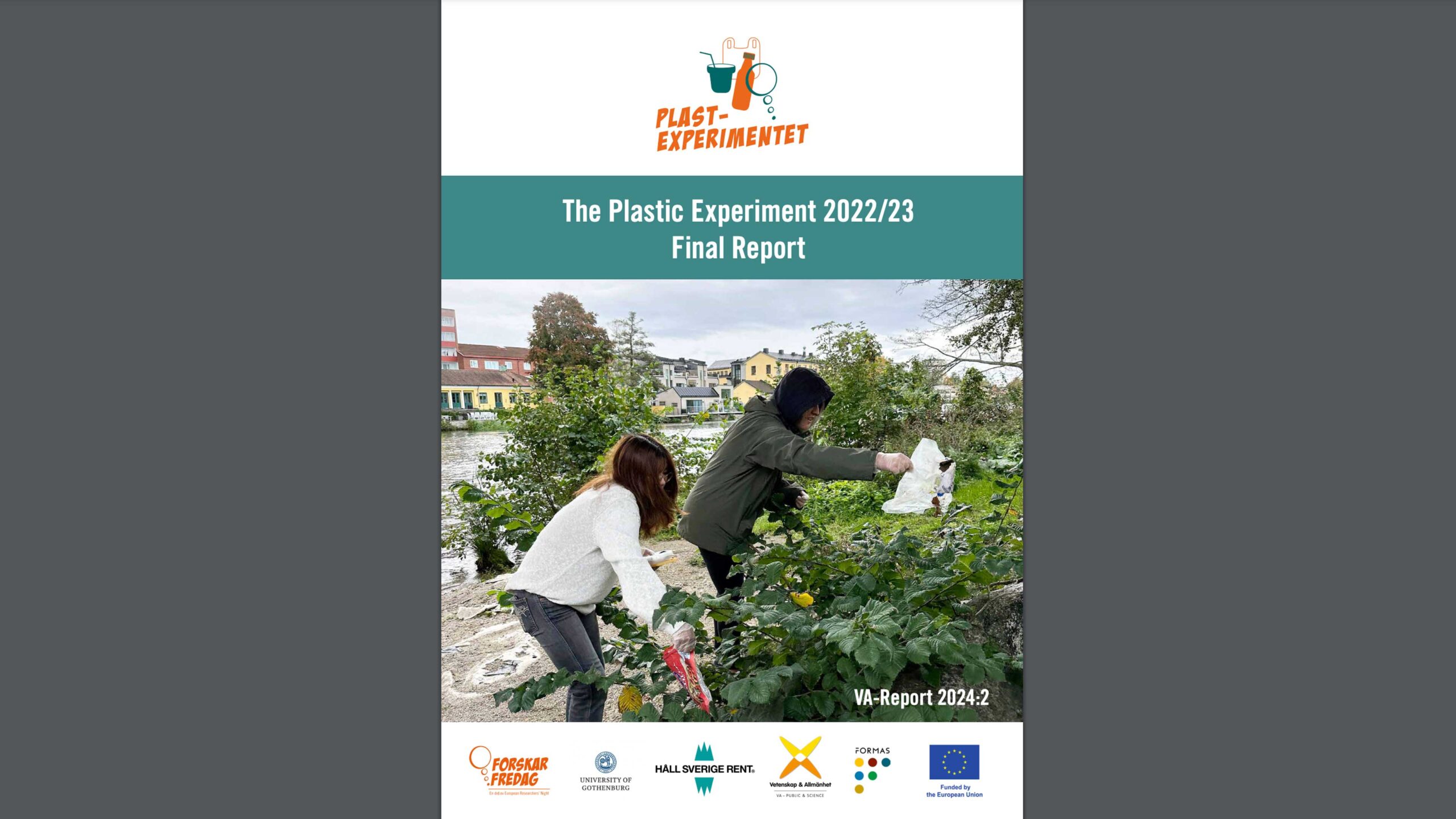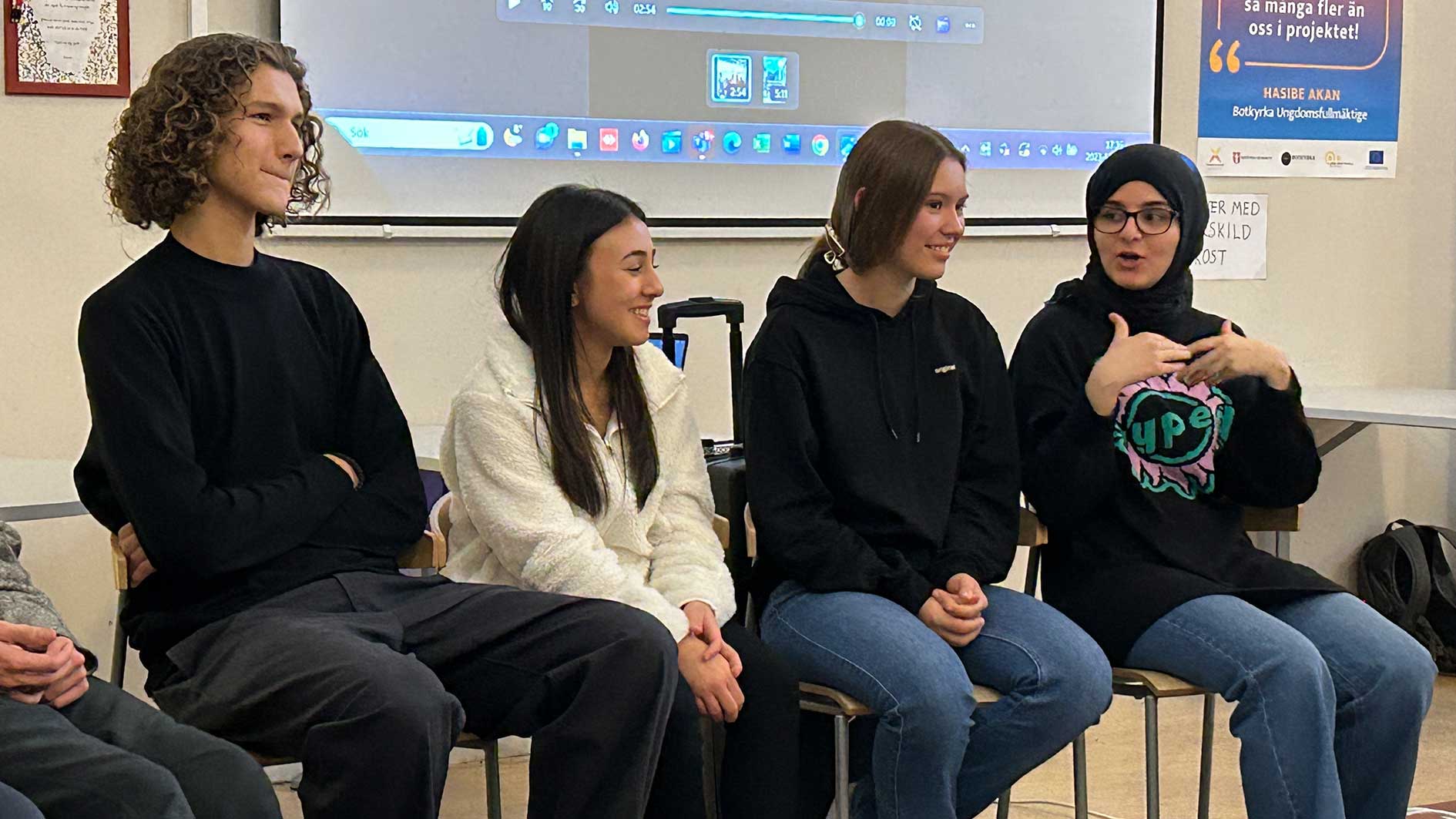Citizen science involves the public, i.e. people who are not researchers, helping researchers to investigate certain questions. The most common way is by helping researchers to collect and/or review large amounts of data, on a scale that would be impossible for researchers to achieve on their own. This may involve, for example, reporting observations of plants or animals, transcribing old letters or classifying images of galaxies. Citizen science can also involve collaboratively formulating research questions, testing methods, and compiling or communicating findings.

Why citizen science?
There are several advantages to citizen science. Perhaps the most obvious is that citizen science helps researchers to speed up scientific progress. In addition, citizen science can be a way of engaging people who would not otherwise come into contact with research. Citizens gain better knowledge of what research entails and how it is conducted, something that over time can increase their confidence in science, build relationships and create dialogue between researchers and society.
Public & Science Sweden has been and is involved in various projects that promote citizen science:
- ARCS – citizen science for all
– developing a Swedish web portal for citizen science. - EU-Citizen.Science
– developing a European platform for citizen science. - European Citizen Science ambassadors – an European network of 28 Citizen Science Ambassadors to support the activities in the European Citizen Science (ECS)-project
- Researchers’ Night mass experiment
–Since 2009 VA has run an annual citizen science project, as part of the ForskarFredag science festival, in which the public and school classes across Sweden are invited to participate in real research. - YouCount – Boosting Young People’s Participation in Society through Citizen Social Science.
Related terms
Crowd-sourced science, civic science and participatory action research
Citizen Science is ”Medborgarforskning” in Swedish.
Further information:
- ARCS, the Swedish portal for citizen science
- Wikipedia entry on citizen science
- The European Citizen Science Association’s 10 principles for citizen science
Relevant social media hashtags:
#citizenscience and #citsci
Read more about this
Findings from Sweden’s largest plastic waste experiment now available

The Plastic Experiment is a nationwide Citizen Science project in which Keep Sweden Tidy Foundation, Public & Science Sweden and the University of Gothenburg have been working together to investigate… Läs mer
The Plastic Experiment 2022/23 – Final Report

This report is an English summary of the VA-Report (in Swedish) called Plastexperimentet – slutrapport 2022-2023. The Plastic Experiment was a Citizen Science project and a collaboration between the Keep… Läs mer
Skapad:
2024-04-08Uppdaterad:
2024-04-09Kategorier:
Citizen Science, Mass experiment, VA Reports & PapersLaunch of Re-MEND citizen science project for better mental health literacy

Among the EU Re-MEND project’s objectives are the improvement of mental health literacy among health care professionals, intervention developers, and the general public. One of the approaches being used to… Läs mer
Skapad:
2024-03-18Uppdaterad:
2024-03-27Kategorier:
Citizen Science, EU-projekt, News articles, RE-MEND mental health, Science CaféYouCount wraps up with co-created handbook

Ten case studies, nine countries, three years, and a wealth of lessons learned. The citizen science project YouCount draws to an end with a collective sense of having explored new… Läs mer
Skapad:
2024-02-29Uppdaterad:
2024-03-04Kategorier:
Citizen Science, EU-projekt, News articles, Youcount